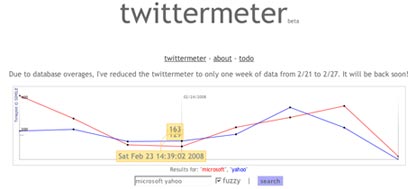Online journalism expert Paul Bradshaw gives a detailed post on his experiences of a recent Hacks and Hackers day in Birmingham organised by Scraperwiki, experiences which he claims will “challenge the way you approach information as a journalist”.
Talking through the days events, Bradshaw observes how journalists had to adapt their traditional skills for finding stories.
Developers and journalists are continually asking each other for direction as the project develops: while the developers are shaping data into a format suitable for interpretation, the journalist might be gathering related data to layer on top of it or information that would illuminate or contextualise it.
This made for a lot of hard journalistic work – finding datasets, understanding them, and thinking of the stories within them, particularly with regard to how they connected with other sets of data and how they might be useful for users to interrogate themselves.
It struck me as a different skill to that normally practised by journalists – we were looking not for stories but for ‘nodes’: links between information such as local authority or area codes, school identifiers, and so on. Finding a story in data is relatively easy when compared to a project like this, and it did remind me more of the investigative process than the way a traditional newsroom works.
His team’s work led to the creation of a map pinpointing all 8,000 GP surgeries around the UK, which they then layered with additional data enabling them to view issues on a geographical measure.
